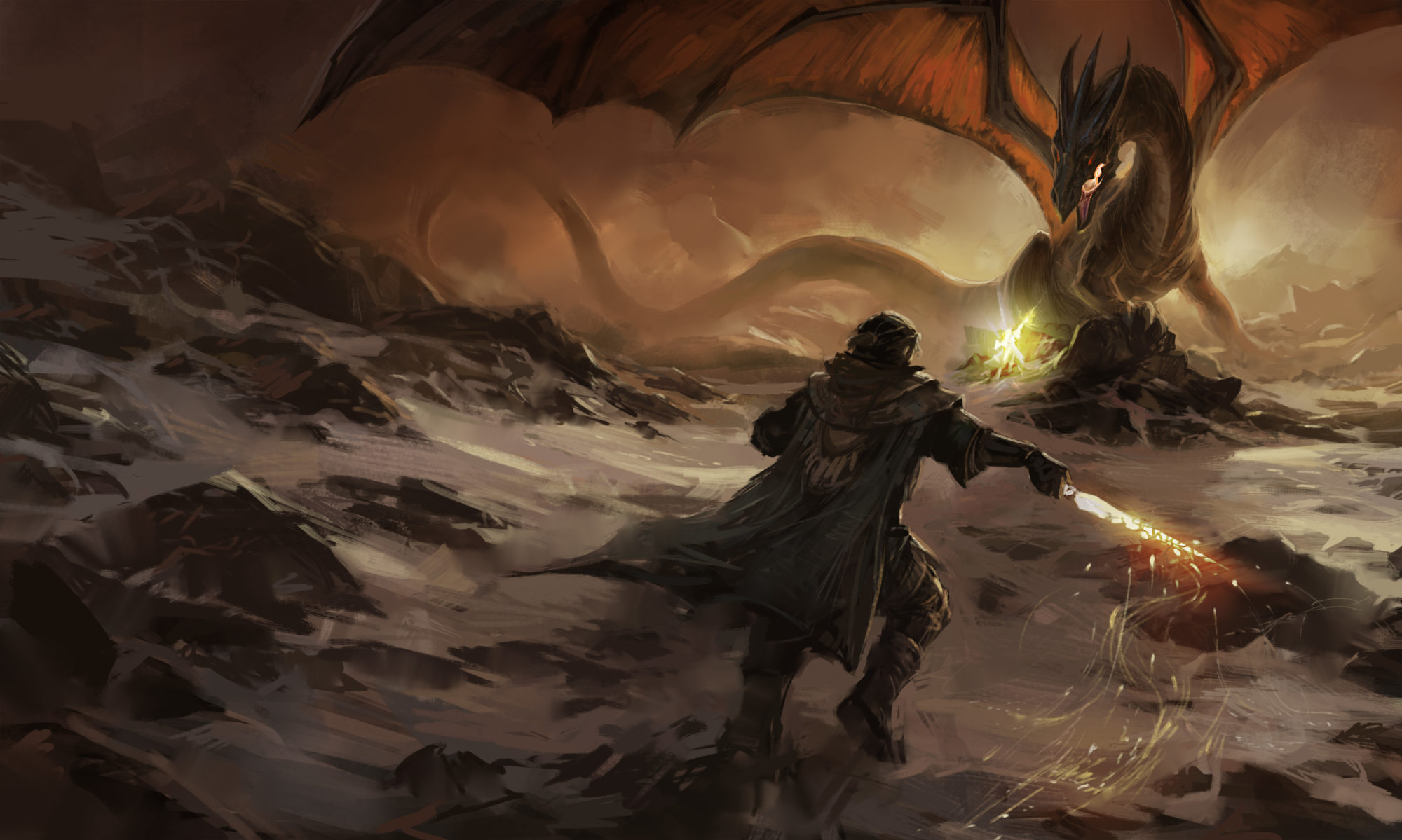At the Editor’s Desk
I spent the week getting ready for Trish’s birthday. But that didn’t take as long as it probably should have, so I’ve gotten some other stuff done, too.
Consortium Time
I’ve gotten to the point I spend most of my project time these days doing something for my new patronage program (which I do intend to finally announce in complete detail here all of next week). That doesn’t mean I’m working on the Consortium instead of writing.
I started chapter seven of The Girl Who Stayed the Same this week, and started coordinating a photoshoot for the cover of Gods Tomorrow (which I intend to publish sometime before November).
I also spent a lot of time working with my programmers to get the Consortium’s website working (and doing amazing things), and we’ve made arrangements to do even more of that this weekend.
My Homeroom
My other big project this week has been my three-year-old daughter. She’s learning to read.
You can (of course) expect to hear much more about that in future blog posts, but I worked with her nearly every day this week, and she’s accumulating words at a pretty impressive clip. By my last count, she’s got eleven words she can recognize on sight now (with a little prodding, anyway).
It’s fascinating watching the way she learns, the way pieces slowly start falling into place. And (again of course) I am extraordinarily proud of her.
On Unstressed Syllables
This week we covered two major topics: what goes into a good document template, and what goes into mastering a craft.
Sunday I introduced the Technical Writing series on document templates with a story about a Photoshop tutorial, a blog post illustration, and a reality that’s so much less than fantasy. It was a great reminder of the purpose and effect of a good document template, though.
Then on Monday I made the connection, explaining how document templates create context through style. That article included an incredibly handy list of all the elements that go into a document template definition.
Then Tuesday I explained how to use that list, by searching for sample documents and reverse-engineering a template. The trick is to recognize what’s general and what’s specific — and then to borrow the best, and leave the rest.
On Wednesday, Courtney told us with a straight face that she’s not an expert writer, and we just sort of snickered in disbelief. Who does she think she’s kidding? That article was full of expert advice.
Thursday I introduced the Creative Writing series on patronage with the story of the time Kris Austin offered to support my writing. It helped inspire this month’s long-running series, and it helped drive me to be the best writer I could possibly be.
On Friday I discussed my ignorance of history, and then went on to give you a history lesson. At least I got a little expert input first. Anyway, it turns out the Renaissance community chose to support the artists to support the arts. They called it patronage. I’d call it retirement.
Then I wrapped up that discussion with today’s article on becoming a master of an artistic style. It’s all about learning the craft, practicing a refined style, and sticking to the path (even when it feels a little demeaning). My advice to you? Join the school of a master you can be proud to imitate.
Around the Web
I’ve also seen more than a handful of good articles around the web this week, that I thought you might find interesting. Here’s the best.
-
I’ve got a little further reading on last week’s Word Count articles. Karen Marcus over at Final Draft Communications offered her own numbers with the post Working With Word Count: How Long Should Your Business Document Be?
-
Joel Friedlander at The Book Designer shared a guest post by an intellectual property attorney, What Every Writer Ought to Know about Fair Use and Copyright. It’s definitely worth a read, given the conversation we’ve been having on the topic.
-
And wow! There was big breaking news yesterday about “real” authors discontent with the big publishing houses. Alison Flood at The Guardian reported that several celebrated authors bypass publishing houses to sell ebooks via Amazon.
